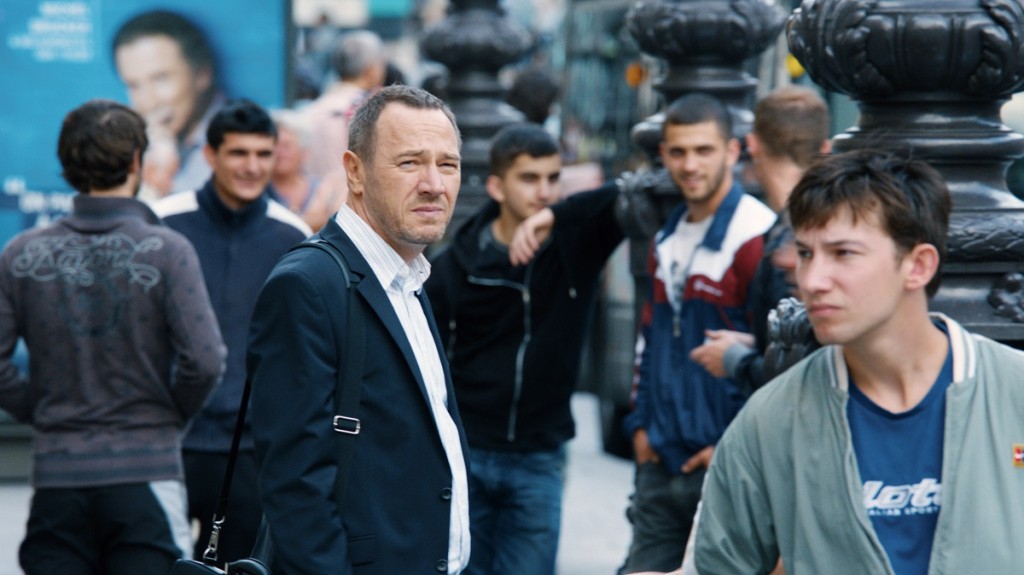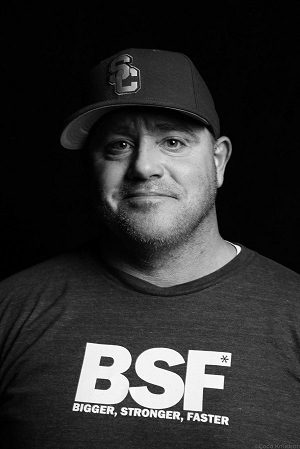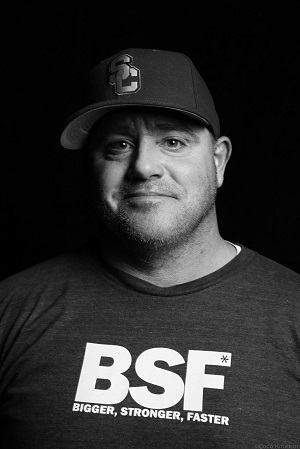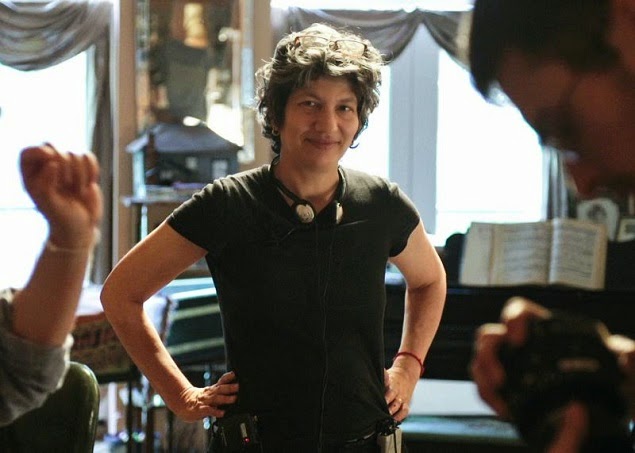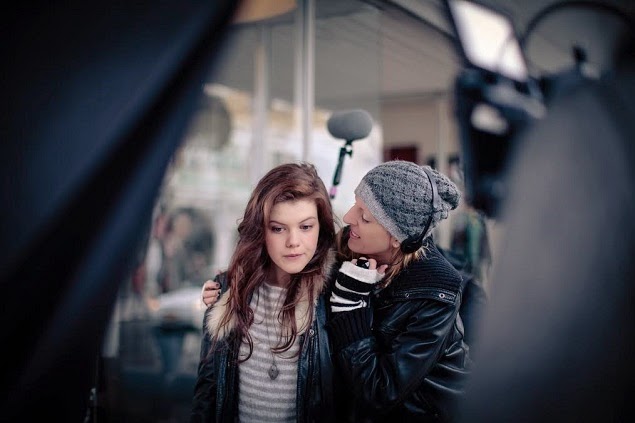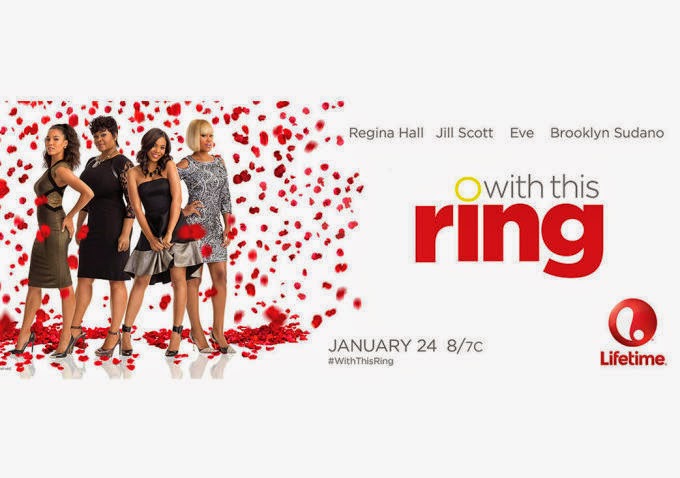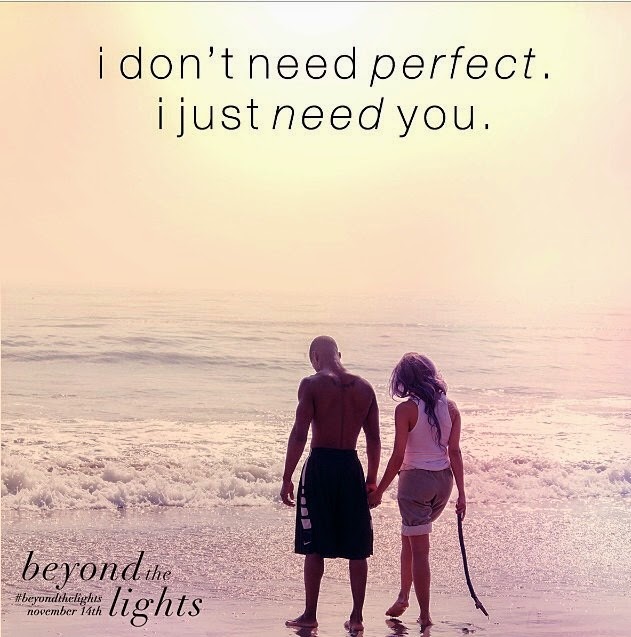At a recent press junket, Shadow and Act was present as the cast of "Top Five" spoke about the film, and their experiences with Chris Rock as the writer-director and star of the film.
Here are some of the highlights:
Chris Rock (Writer/Director/ Andre Allen), Rosario Dawson (Chelsea Brown), Ben Vereen (Carl Allen), J.B. Smoove (Silk), Gabrielle Union (Erica Long), Sherri Shepherd (Vanessa).
"Top Five" vs. Chris Rock’s Stand-Up
Chris Rock: I made this movie just like my stand-up. I use to have a movie process and a stand-up process. I use to say, these are the jokes for the movie and then I’d have a whole other file for stand-up. Not this one. I feel like I put it all together. I work-shopped it a long time; like I do with my stand-up. I treated it just like my stand-up. That was kind of the goal, to get a movie that felt just like my stand-up. [A movie] that kind of went all over the place…and could be all about relationships and have a political component to it also.
On the editing process
Chris Rock: That’s one of the big differences between this movie and other movies I’ve done. I treated the editing like it was writing again. It was, ok, yes we have all of this footage but it doesn’t matter. Let’s make music, let’s do something different.
Films that influenced "Top Five"
Chris Rock: You know Woody (Allen) has been known to jump around. (Quentin) Tarantino has been known to stop a movie in the middle, and cut back to that scene an hour later or whatever.
On working with Chris Rock and having a role in "Top Five"
Sherri Shepherd: You know this was like being at the Pancake House to order my food.
J.B. Smoove: There is no Chris approached me about the project because whatever Chris the hell does, he better put my ass in it. When Chris calls you about doing a project you say, what is it? He’ll tell you what it is, he’ll tell you what he wants from you. Typically when someone calls J.B. they want the over the top J.B. But this shows this man’s growth and what he wants from a particular project. I didn’t have to play the over-the-top crazy J.B. I got to be in his character’s corner because I had his back. You can’t have two over the top people they cancel each other out. So I’m happy that I had a chance to play a role that this guy wanted me to play, and he helped me because now my range has just increased. It was amazing to have the opportunity to work with the man.
Sherri Shepherd: Can I say one thing though, because I got my pancake order? In my scene where it was a bunch of comics, it’s very hard to corral a bunch of comics. I had to give it to Chris because he was able to let everybody have a certain amount of freedom and then corral everybody back, and that’s a hard thing to do. He’s very intensely focused on the directing aspect of it, so that was a surprise; because you know when you work with Chris doing stand-up…he’s very focused and he knows what he wants. It was an awesome experience.
Ben Vereen’s involvement in "Top Five"
Ben Vereen: I’ve known of Chris a long time and I’ve always wanted to work with him, and I don’t think he knew that. I found out that he was doing this film and I read for it.
Chris Rock: You met for it
Ben Vereen: Ok, we met for it and we read for the part. And for me, playing his father, I had to go to a certain place because this guy was really dysfunctional. And I remember the first day I came on the set, in my mind, he was a little bit too dressed up. And so Chris and I began to break him down, and we broke him down, and broke him down and he became this guy. And what’s so wonderful about Chris is that he allows the artist to find the character within there and with boundaries. It’s like almost being a Michelangelo.
An atypical “Chris Rock Film” with a relationship at its core.
Chris Rock: I knew the relationship would be the heart of the movie. As far as edgy, I knew that I wanted to do what I do and not have it so filtered down. And I thought I had a decent idea. That’s why I went to Scott (Rudin). I’ve been writing movies for years and I’ve never had the balls to go to [Scott] with anything else. So I thought I kind of had something and was in a good headspace to pull it off.
Freedom and improv in the film
Gabrielle Union: In the moment he said we have it; we have what I wrote, let’s just play. Let’s see where the scene takes us; where the moment takes us. He gave us his script, he gave us his baby, and he wasn’t like my baby is perfect, I’ve got the most genius baby. He wasn’t saying I’ve got the next Schindler’s List. He’s saying I want to get there, please give me real feedback… I didn’t assemble a bunch of people just to kiss my ass. It was amazing; it was let’s all work together, and please give me real notes so that I can create magic. And he started that way and he continued the whole process that way.
Sherri Shepherd: I know I found with Rosario and myself, [Chris] did what was on the script and then [he] kept going and you kept going. And you’re like is he going to say cut at any point? And he let you go and go and go. And that’s where you found that magic.
Rosario Dawson: Especially that one scene where you see me when we first walk in, and you give me that look.
Sherri Shepherd: Oh because, I didn’t know who you were, I was planning on getting with Chris.
Rosario Dawson: I remember we were working on it and I go, did you see that look she gave me? And I’m like that’s the look; we feel that look. I kept calling [Chris] a conductor. He had all of these different people, and it can be noise or it can be music. You can put it together and have all of these incredible people together, but it might not work. Just because you have that much talent doesn’t mean it’s going to be watchable. I thought that was something that was really remarkable. He did that, but he was different with everyone. Every single person that came on set every single day; there was something slightly different he would give them. It was amazing. He just knew what everybody’s sweet spot was, which is something that I really appreciate. Tarantino…I think he’s done that so brilliantly in his career. He would get people we hadn’t seen in a really long time and he would get them to do the exact thing that he wanted them to do. You saw them onscreen and you’d say this is amazing, and it’s still felt fresh and new and original. It wasn’t manipulative. It was just creating the perfect space for people to fill, and I thought that was something that was really remarkable. Being there throughout so much of that movie because my character is sort of that fly on the wall. It was so interesting watching how that went and it really felt like he was a conductor. It was really beautiful.
Continue reading at Shadow and Act
xoxox Chocolate Girl in the City xoxoxox


